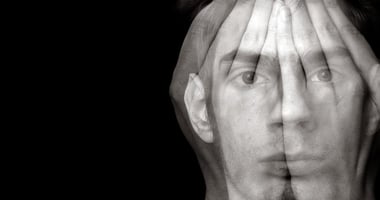A program spanning a dozen years provides evidence that early identification and community-wide...
Autoimmune Disorder May Be Linked With Some Cases of Postpartum Psychosis
 |
Antibody screenings were performed on 96 women who developed postpartum psychosis and 64 healthy postpartum women. Four of the patients with psychosis tested positive for neuronal cell surface antibodies suggestive for encephalitis—two of these patients were identified as having anti-NMDA receptor encephalitis; the other two patients did not test positive for any known brain antigen. In contrast, none of the 64 healthy controls tested positive for any autoimmune activity. This is important as false positives are a major concern when considering clinical screening.
The researchers also found that the women with postpartum psychosis and anti-NMDA receptor autoantibodies exhibited extrapyramidal symptoms with low-dose haloperidol—“a clinical response that is not particularly common among patients with postpartum psychosis,” they noted.
“In patients with acute psychosis during the postpartum period, systematic screening for anti-NMDA receptor autoantibodies should be considered,” the study authors concluded. “The acute onset of severe atypical psychiatric symptoms in young female patients should raise the index of suspicion for anti-NMDA receptor encephalitis, particularly in the setting of neurological symptoms, including extrapyramidal side effects of antipsychotic treatment. ”
To read more about the treatment of postpartum psychosis, see the recent AJP article “Treatment of Psychosis and Mania in the Postpartum Period.”
(Bergink et al., AJP in Advance, July 17, 2015)





